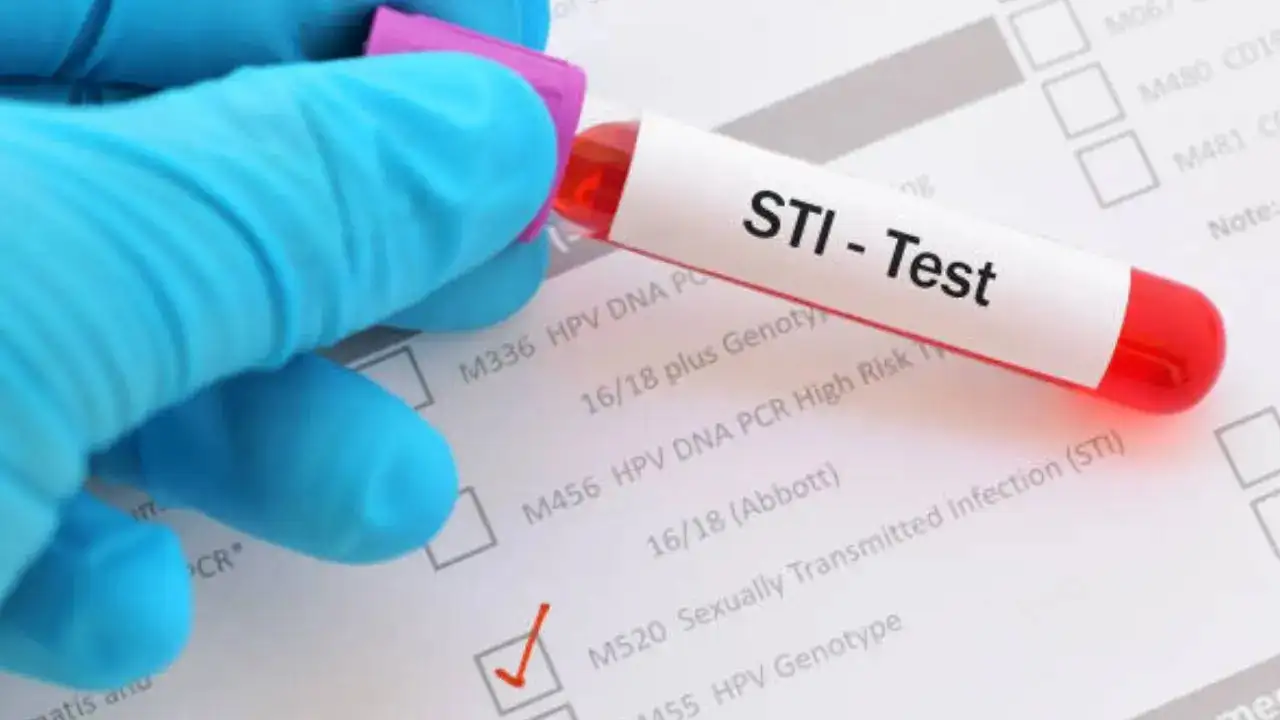
FDA Approves First At-Home STI Test For Women—How It Works And What You Need To Know (Image Credits: iStock)
In a major advancement for women's health, the U.S. Food and Drug Administration (FDA) has granted marketing authorization for the first home-based, nonprescription diagnostic test for three common sexually transmitted infections (STIs): chlamydia, gonorrhoea, and trichomoniasis. The FDA explains the importance of early detection and increased accessibility to STI testing.
The newly approved Visby Medical Women’s Sexual Health Test enables women to self-test for these STIs in the privacy of their homes, with results available in approximately 30 minutes. This innovation aims to encourage early diagnosis and treatment, thereby reducing the spread of infections and preventing complications.
How the Test Works
The single-use test kit includes a self-collected vaginal swab and a powered testing device that securely transmits results to the Visby Medical App. Once the test is completed, users can access their results via the app, ensuring confidentiality and convenience.
This approval builds on recent advancements in at-home STI testing. In 2023, the FDA authorized the first diagnostic test for chlamydia and gonorrhoea with at-home sample collection, and last year, it approved the first at-home syphilis test. The latest authorization marks the first FDA-approved at-home diagnostic test for chlamydia, gonorrhoea, and trichomoniasis without requiring a prescription.
Accuracy and FDA Recommendations
Clinical data supporting the FDA's decision showed that the Visby Medical Women’s Sexual Health Test demonstrated high accuracy. It correctly identified 98.8 per cent and 97.2 per cent of negative and positive Chlamydia trachomatis samples, 99.1 per cent and 100 per cent of negative and positive Neisseria gonorrhoeae samples, and 98.5 per cent and 97.8 per cent of negative and positive Trichomonas vaginalis samples, respectively.
Despite its reliability, the FDA advises women who receive a positive test result to consult a healthcare provider for confirmation and treatment. Further, those experiencing STI symptoms, recent exposure, or other health concerns should seek further medical evaluation. The agency also highlights the potential risks of false-negative or false-positive results, which could either delay necessary treatment or lead to unnecessary medication use.
Symptoms of Chlamydia, Gonorrhea, and Trichomoniasis
While some women may not experience symptoms, common signs of these infections include:
Chlamydia: Painful urination, abnormal vaginal discharge, pelvic pain, and bleeding between periods.
If left untreated, these infections can lead to severe health complications, including pelvic inflammatory disease, infertility, and increased susceptibility to other infections, including HIV.
Preventive Measures
To reduce the risk of contracting or spreading STIs, experts recommend the following:
Safe Sexual Practices: Consistently using condoms and dental dams during sexual activity.
A Step Forward for Women’s Health
Courtney Lias, Ph.D., director of the Office of In Vitro Diagnostic Devices at the FDA’s Center for Devices and Radiological Health, explains the importance of expanding access to STI testing. “Increasing availability of at-home tests is a crucial step toward early diagnosis and treatment, ultimately reducing infection rates and improving public health outcomes.”
The Visby Medical Women’s Sexual Health Test is expected to make STI screening more accessible, eliminating barriers such as stigma, time constraints, and lack of healthcare access. With this advancement, more women can take control of their sexual health, leading to better overall well-being and prevention of long-term complications.
Get Latest News Live on Times Now along with Breaking News and Top Headlines from Health and around the world.


